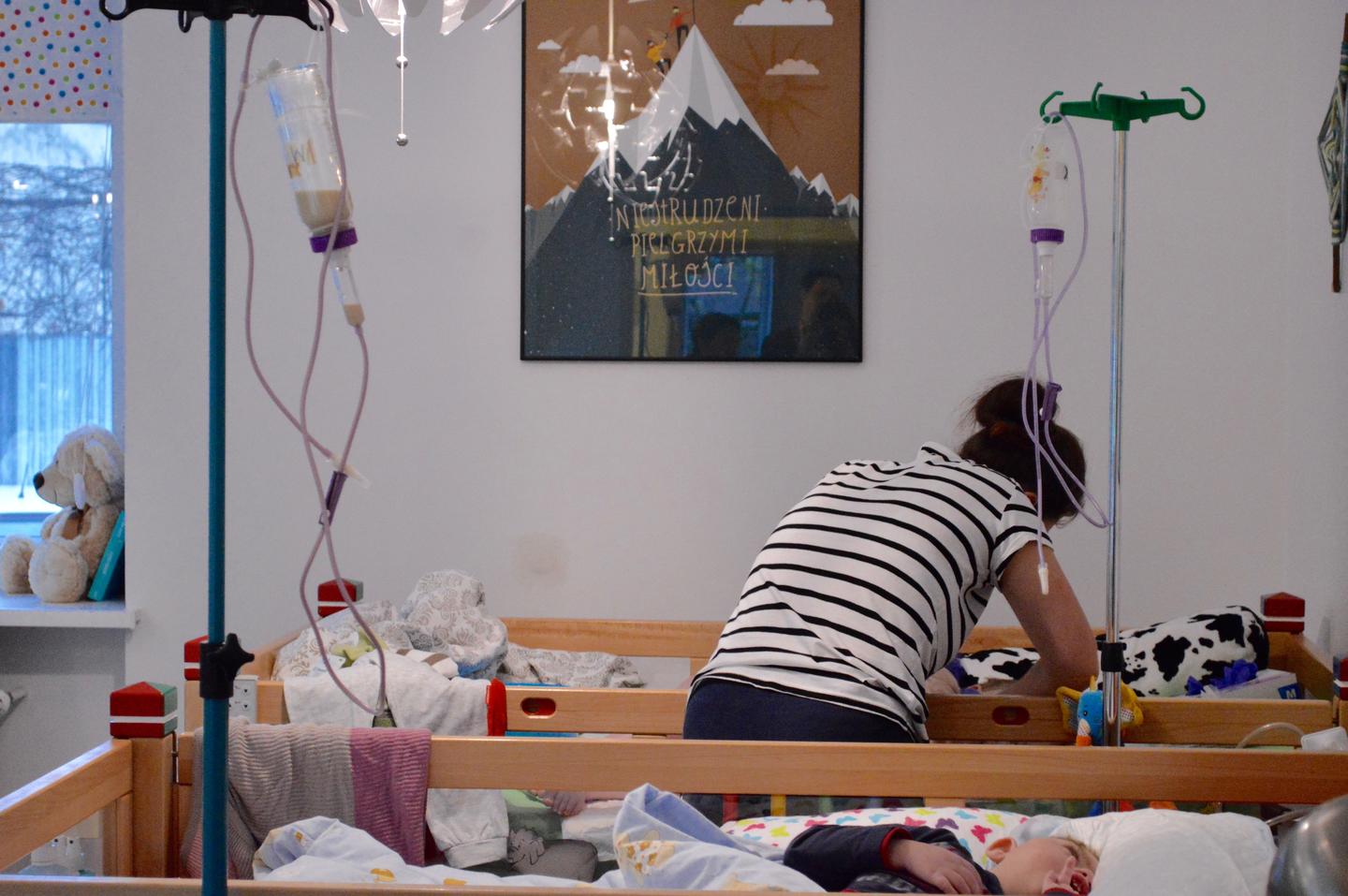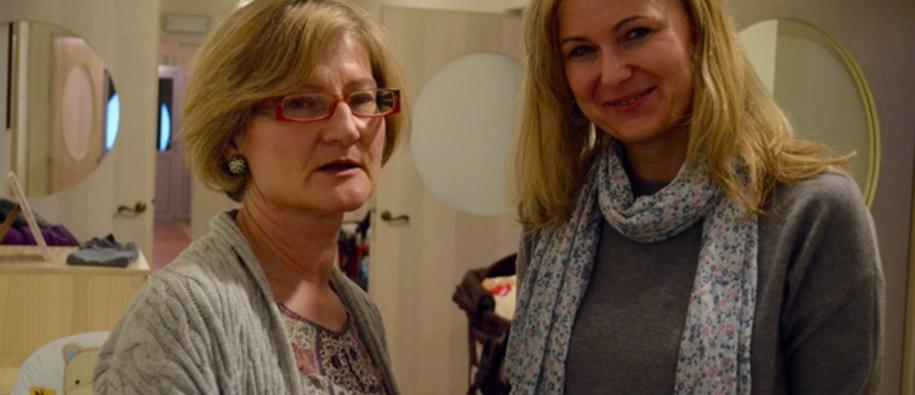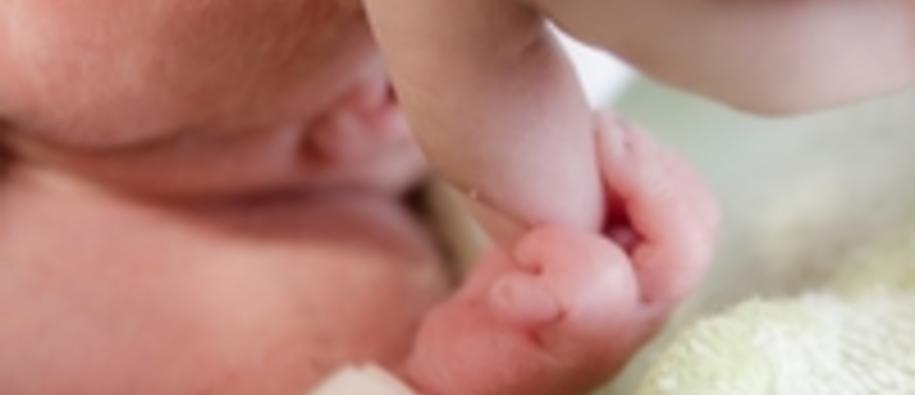The project 'Let me be' offers help to pregnant women carrying a fatally ill foetus. At one of the first hospices for perinatal palliative care in central Poland, they offer pregnant women counselling, care and treatment before and after labour, and provide the terminally ill newborns with relief from symptoms and pain.
Perinatal refers to the period immediately before and after birth - from 22 weeks into the pregnancy to one week after birth.
It can be hard to imagine what a woman who is being deprived of her future motherhood is feeling. However project promoter, Anna Rajska-Rutkolinska and psychologist Bogna Kędzierska have eleven years of experience regarding women with complicated pregnancies.
“We realised there was a need for more information in cases where the foetus had a fatal disease. This project made it possible,” says Anna.
In addition Anna and Bogna launched a consultation point at a home hospice, as part of the project.
Continue or terminate the pregnancy
“In this region of Poland we lacked a system that offered psychological support to mothers carrying foetuses with fatal diseases. Our idea for this project was to create a new and specialised system,” says Anna.
Perinatal palliative care (PPC) applies to situations where a prenatal diagnosis suggests that a foetus has a serious and untreatable illness. The purpose is to anticipate, prevent, and relieve physical and psychological suffering - and at the same time preserve quality of life for the baby and family, as well as honouring parental preferences and wishes regardless of the baby’s length of life.
In Poland, pregnant women diagnosed with foetus fatal defects (FFD) can decide to either continue or terminate the pregnancy.
“The families that come for a consultation don’t feel comfortable about termination. They want to be presented with different alternatives. We think it is important to underline the difference between a sick child and a damaged foetus,” says psychologist Bogna Kędzierska
“We prepare the parents”
The project is financed through the Norway Grants, with the primary objective to improve the PPC availability. This is done by establishing the first perinatal hospice in central Poland, and the second nationwide. The specific objective is to be able to offer help to an increased number of patients.
“We prepare the families in different ways. The main thing is the understanding. We continuously give them detailed information about the process. A paediatrician and a psychologist assist in legitimising their feelings,” says Bogna adding that the society tend to treat these parents with dying children as invisible.
Since the project was implemented in 2014, the hospice has assisted approximately 700 women through the process of giving birth to ill and dying children.
A change in attitude
The project has also joined forces with public hospitals and according to Anna they can already detect a change in attitude among health workers in central Poland.
“I believe this project has been an eye-opener and raised more awareness for the different options available. We have also received media attention and noticed an increased awareness in the public society,” says Anna.
The project also offered medical and psychological training cycle Doctors, nurses, and midwives were trained in how to communicate with and understand parents that choose to give birth to a terminally ill child. Among other things it has been said that the defining moment when a mother says “goodbye” to her baby, has a crucial impact on her grieving process.
“The key in this project is to provide these women and children with much needed medical support. The funding we have received has made it possible, and for that we are grateful,” says Anna.
We have other projects in Poland financed through the EEA and Norway Grants. Read more about them here:
How did they get Polish children interested in maritime culture and history? Read the full story here
The arctic eco system is affected by climate change. But how? Read about Poles and Norwegians joining forces in exploring Arctic.



